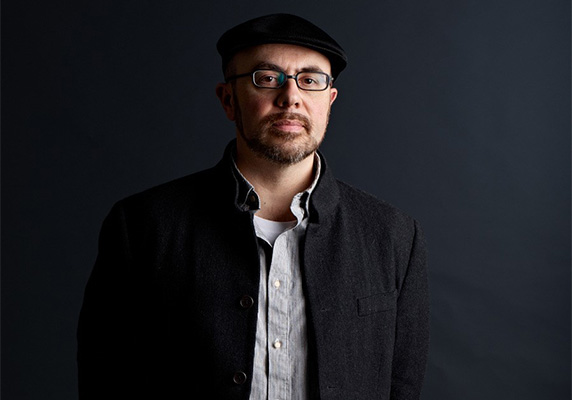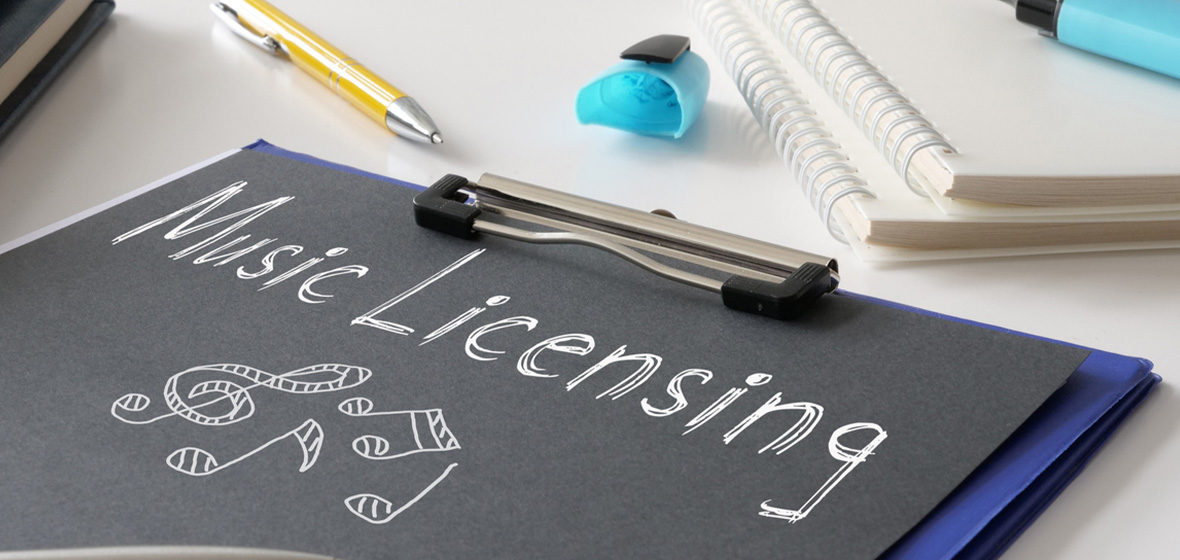A lawyer with long experience in the music and entertainment industry describes the importance of being immersed in the music world in order to represent your clients effectively.
By the end of 2021, the international music industry was worth approximately $37.5 billion ($US26 billion).
Revenues skyrocketed on the back of growth in streaming services, responsible for 65 per cent of total profits (followed by CDs, vinyl records and cassettes making up 19 per cent, and downloads at around 4 per cent). Royalty payments and revenue from music being licensed to film, TV and commercials made up the final 11 per cent.
Streaming, heavily criticised by artists for the disproportionate and disempowering way that it distributes profits, boasted 523 million paid subscribers in 2021, a major increase from only 443 million a year earlier.
In alignment with the global trend, streaming accounted for 86 per cent of music sales in Australia last year, and boosted the industry for the third consecutive year of growth. The Australian music industry was valued at $542 million by the end of 2020, according to ARIA (the Australian Recording Industry Association), and the figure rose to $565.8 million in 2021.
Law and music duet
David Vodicka, founding partner at Media Arts Lawyers (MAL), is also chair of the board of the Australian Independent Record Labels Association, and a board member of both ARIA and the Phonographic Performance Company of Australia. He has been working within the music and entertainment industry for over 25 years. The majority of legal work in this area, he explains, entails entertainment business mergers and acquisitions, legal issues relating to festivals, and contracts for independent artists and record labels.

“The set-up of my own firm was basically always about talent representation,” Vodicka explains of MAL. “As a firm to represent artists and creators, in terms of securing the best position for them. We’re an artist-driven firm.”
Before he was a lawyer specialising in the music industry, Vodicka had launched his own independent record company in Melbourne, Rubber Records, in 1989. Vodicka has been immersed in the music industry for over 30 years, hosting the Triple R breakfast show, attending live shows, starting Rubber Records (which signed Cordrazine, Even, The Casanovas and 1200 Techniques amongst others) and keeping abreast of the Triple J playlists so that he can congratulate clients who get featured on the popular station. Recently, clients including A.B. Original and Peach PRC have had singles featured.
Vodicka has worked with new and established artists, including globally popular band Tame Impala, a band that Vodicka witnessed at their first Melbourne show at The Tote. Other recognisable names working with the firm include Hilltop Hoods, Gotye, and – outside music – MasterChef’s Matt Preston.
“Mergers and acquisitions, trade sales, and whatever else are all by-products of being a legal firm that is artist-driven firm and represents creatives. For example, within the mergers and acquisitions space, there would be clients who run festivals, people who have catalogues of material, people who have created things or done things creatively that get sold.”
A future in the industry
What Vodicka has primarily observed within the music industry is a change in revenue from being a retail-driven commodity business (cassettes, CDs, and vinyl) to a digital, consumable market.
“What I’ve observed in the last decade of streaming is that if you look at the revenues in the music industry, they’ve got up substantially, but there’s a huge catalogue. It’s become a global market in a way that it didn’t used to be. When I started, you had to make your bones in your home market as an artist and prove that you had success, then they might be able to export your music to other territories … so you had to find partners to sell units [CDs, vinyl] for other territories.”
As far as streaming goes, Vodicka accedes, “you are getting less money upfront, but if you have success, it has a longer tail because it used to be that as an artist, you’d put out your record and promote it and hopefully sell a bunch of records … so the money was really in the first two or three years of making that record. Now, if you have a successful record, the streaming money for the foreseeable future will continue to accumulate … and continue to earn income.”
Vodicka says it’s preferential to establish a relationship with an artist at the early stage of their career, but a lawyer working in this space may be approached by artists at any stage where when there’s a problem to be solved. In this field of the law, he says, you need deep roots and networks within the music industry in order to be recommended by labels, managers or other creatives.
“We find it’s preferable to be involved with a talent from early on to become a trusted advisor and a key part of their team from the get-go. And develop deep relationships with a lot of managers. If we like acts, we have no qualms in approaching them.”
It’s preferable to be involved with a talent from early on to become a trusted advisor and a key part of their team.
Music is a fluid industry, a fast-paced one, and one that requires knowledge and passion. Vodicka has music playing in his office all day, daily, and maintains dialogue across the industry from new acts to established managers, international label owners and publicists. Vodicka says in this field one once can proactively make introductions between clients and contacts.
“What works for us is being immersed in our clients’ area as well as in the law. We’re music industry native. We’re interested in being across new talent and what’s going on. We also get involved in those early points, of making the introductions between artists, managers, publishers and labels, that’s part of the culture of what we do. You could be a transactional lawyer, looking at a contract and explaining it, but that doesn’t value add. It helps that we know where all the labels are at, we know the A&R people, we know who runs the labels. It’s really about knowing an artist over a period of time.”
For Vodicka, it’s also about connecting people. “It may or may not come to something, but it’s being able to ask ‘who might get this style of music, this type of artist, this genre, who might help them get where they want to go?’”
As a label director, he was emotionally invested in the artists to the extent that he had to judge whether their music was worth the investment of time, effort and capital. As a lawyer, he is removed from that.

“My day job of the practice became too busy to focus on things outside of that 20 years ago. I love music, I love artists, I still love seeing shows. When you put out a record by an artist you have to absolutely love that artist. As a lawyer, you have to be a member of the team, but you don’t have to make a value judgement as to whether it’s a great record or not. If you’re ballsy enough to put yourself out there to make a career as an artist, I’m not going to make a value judgement.”
Vodicka says that while many lawyers with a passion for the music industry maintain a foot in law and the entertainment business, this is often not feasible. His team has one exception, however.
”One of our younger lawyers manages a few acts outside of work hours. She’s very embedded within the industry. I find that’s useful if you’re really committed to being a lawyer. There’s a number of lawyers in this space who have a foot in a few camps but at the level we’re at, the size of our firm, we need people who are committed to being lawyers. There are a lot of topics to get your head around.”
Not an easy space
Vodicka concludes, “The main thing is, it’s a pretty niche area and because of how small the industry is, there’s very limited opportunities to get into it. Because of the volume of work we do and the deal flow, we have a lot of awareness of all aspects of where everyone is at in the music space. If you don’t have that understanding in terms of what to expect of different types of deals and the nuances, it can be hard to get that exposure and experience.”
Vodicka concludes, “This isn’t mainstream commercial law, even though there are aspects of that. To practise effectively in the space, you have to have an affinity for music and a degree of persistence. It’s not an easy space to build a practice. Even though there’s tons of content out there, if you look at clients who have the ability to pay you, there’s not tons of those.”




